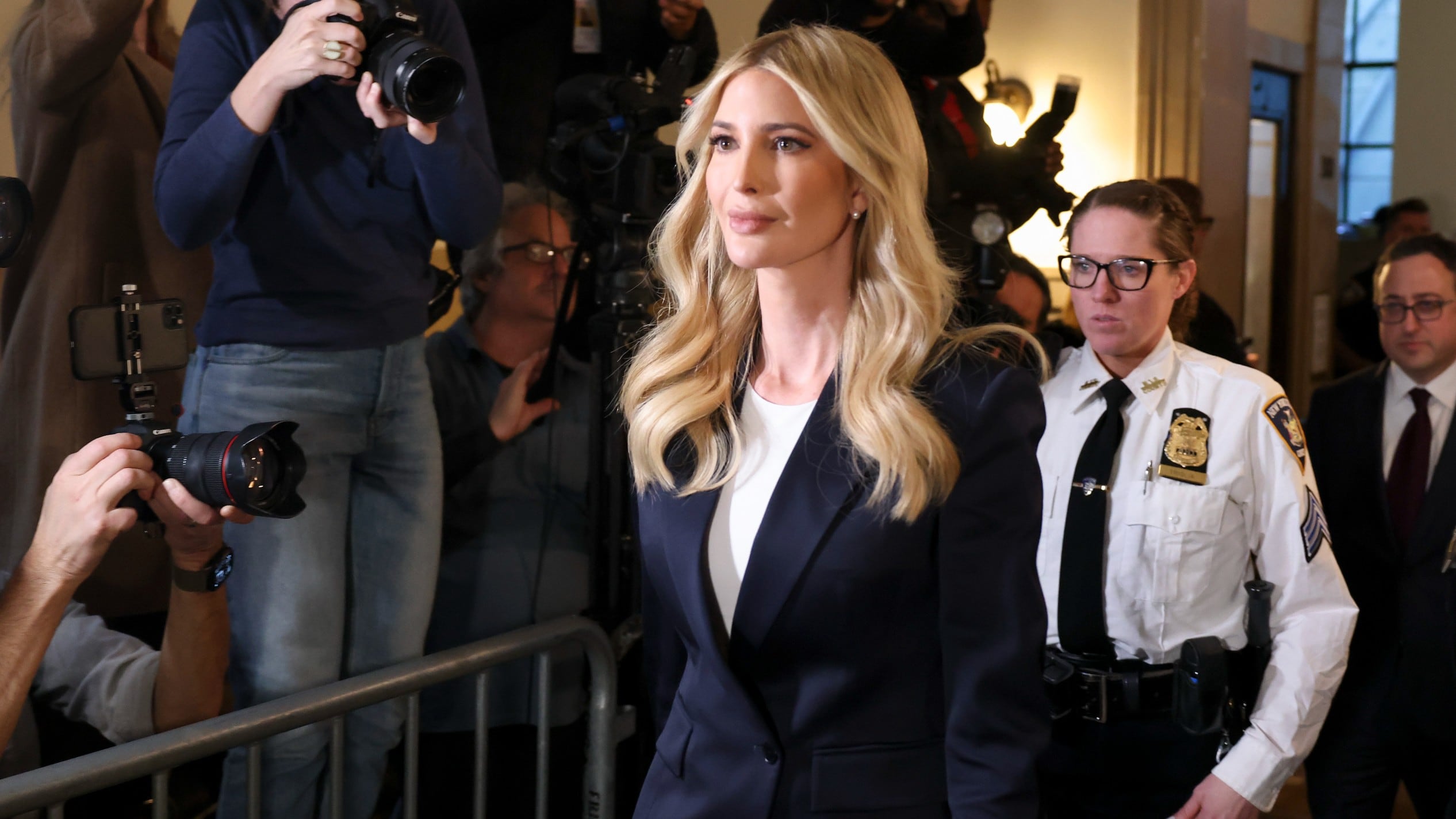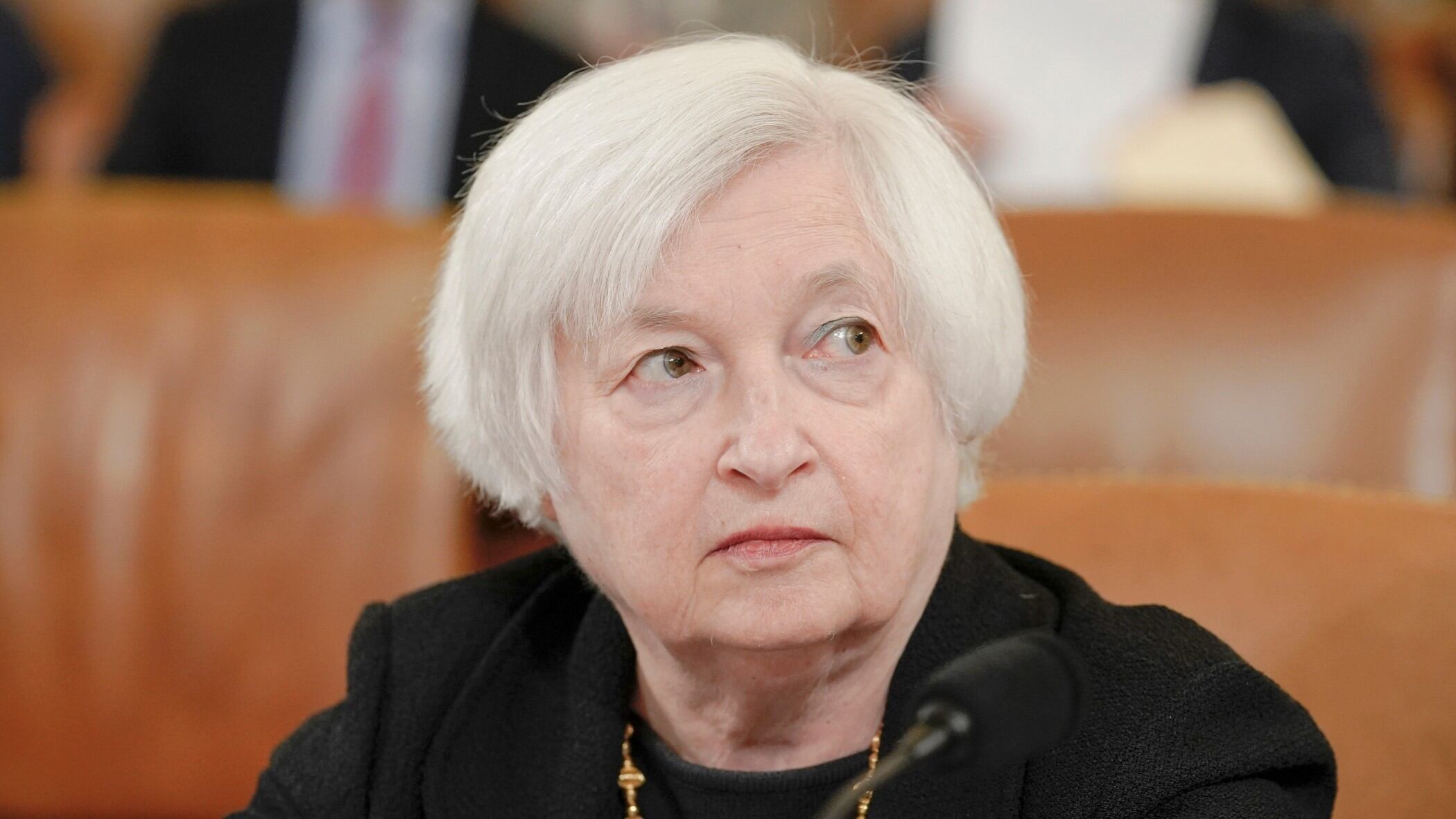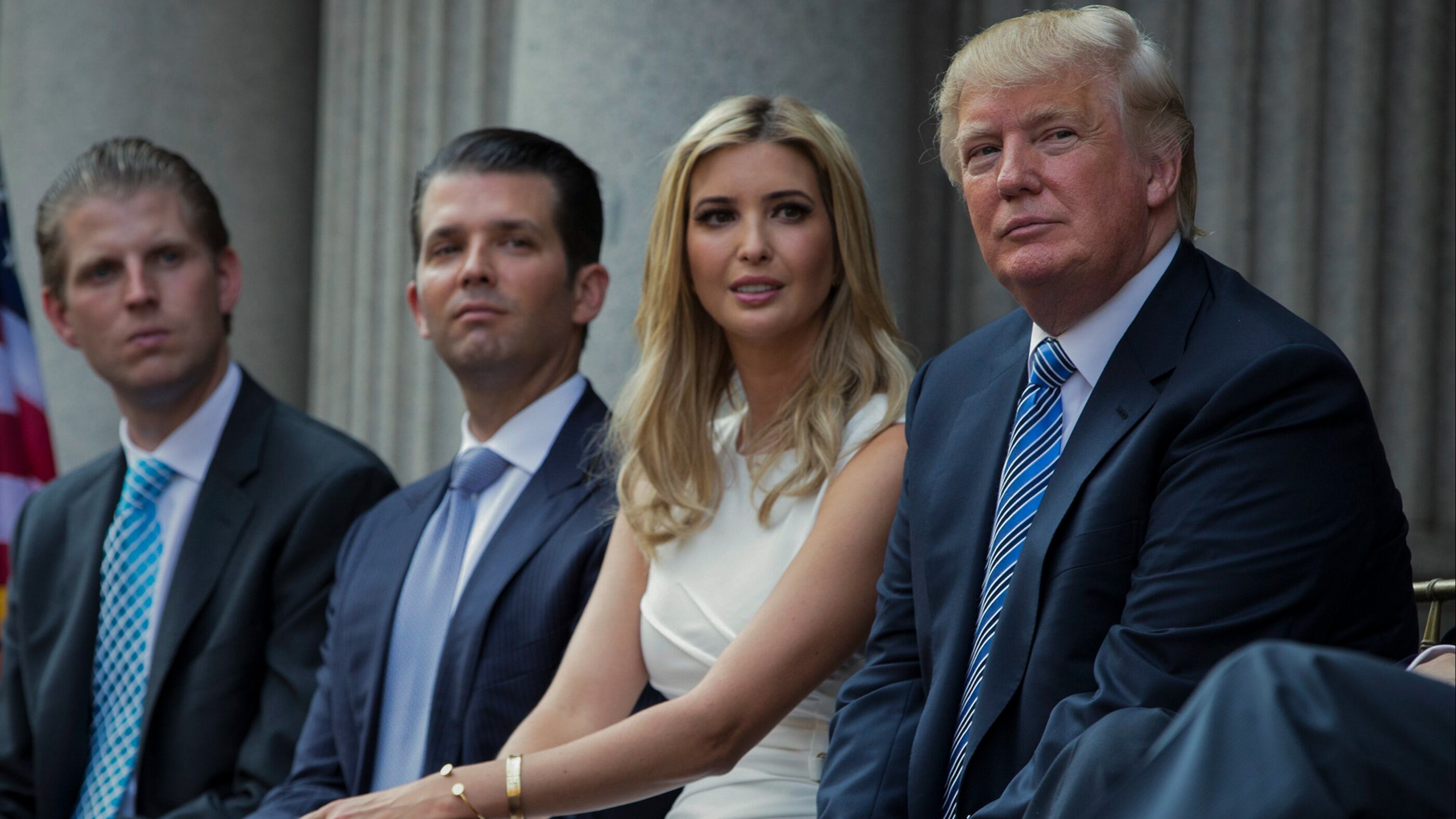Nikki Haley, the former South Carolina governor and United Nations ambassador, announced her candidacy for president on Tuesday, becoming the first major challenger to former President Donald Trump for the 2024 Republican nomination.
The announcement, delivered in a tweeted video, marks an about-face for the ex-Trump Cabinet official, who said two years ago that she wouldn’t challenge her former boss for the White House in 2024. But she changed her mind in recent months, citing, among other things, the country’s economic troubles and the need for “generational change,” a nod to the 76-year-old Trump’s age.
“You should know this about me. I don't put up with bullies. And when you kick back, it hurts them more if you're wearing heels,” Haley said. “I'm Nikki Haley, and I'm running for president.”
Haley, 51, is the first in a long line of Republicans who are expected to launch 2024 campaigns in the coming months. Among them are Florida Gov. Ron DeSantis, former Vice President Mike Pence, former Secretary of State Mike Pompeo and Sen. Tim Scott of South Carolina.
President Joe Biden has said he intends to seek reelection in 2024, stalling any jostling for the Democratic nomination.
Haley has regularly boasted about her track record of defying political expectations, saying, “I’ve never lost an election, and I’m not going to start now.”
If elected, Haley would be the nation’s first female president and the first U.S. president of Indian descent.
The daughter of Indian immigrants, Haley grew up enduring racist taunts in a small South Carolina town and has long referenced that impact on her personal and political arc.
In the three-and-a-half minute video, Haley referenced that past, saying she grew up “not Black, not white — I was different."
Despite that, Haley insisted that America is not a racist country: “Nothing could be further from the truth.” Playing in the background of her video were images of media reports related to The New York Times Magazine’s Pulitzer Prize-winning “1619 Project” — which centered the country’s history around slavery.
Haley never mentions Trump by name in the video, instead saying “the Washington establishment has failed us over and over and over again," Haley leans into a call for “a new generation of leadership,” which has become the refrain of her messaging leading up to the launch.
She was an accountant when she launched her first bid for public office, defeating the longest-serving member of the South Carolina House in 2004. Three terms later and with little statewide recognition, Haley mounted a long-shot campaign for governor against a large field of experienced politicians.
She racked up a number of high-profile endorsements, including from the sitting South Carolina governor, Mark Sanford, and former Alaska Gov. Sarah Palin, a tea party darling.
With her 2010 victory, Haley became South Carolina’s first female and minority governor — and the nation’s youngest at 38. She earned a speaking slot at the 2012 Republican National Convention and gave the GOP response to President Barack Obama’s State of the Union in 2016.
The defining moment of Haley’s time as governor came after the 2015 murders of nine Black parishioners in a Charleston church by a self-avowed white supremacist who had been pictured holding Confederate flags.
For years, Haley had resisted calls to remove the Confederate flag from the Statehouse grounds, even casting a rival’s push for its removal as a desperate stunt. But after the massacre and with the support of other leading Republicans, Haley advocated for legislation to remove the flag. It came down less than a month after the murders.
In the 2016 presidential primary, Haley was an early supporter of Florida Sen. Marco Rubio, later shifting to Texas Sen. Ted Cruz. She ultimately said she would back the party’s nominee.
Shortly after Trump’s victory, he tapped Haley to be his U.N. ambassador, a move that rewarded Henry McMaster, the lieutenant governor who was the nation’s first statewide elected official to back Trump’s 2016 campaign. Haley’s departure cleared the way for McMaster to ascend to the governorship he had sought, since losing a bruising primary to none other than Haley seven years earlier.
With her Senate confirmation, Haley became the first Indian American in a presidential Cabinet.
During her nearly two-year tenure, Haley feuded at times with other administration officials while bolstering her own public persona.
One of her most memorable moments as U.N. ambassador came in 2018 after National Economic Council Director Larry Kudlow suggested Haley had suffered “momentary confusion” when she said Russian sanctions were imminent.
“With all due respect, I don’t get confused,” she responded. The first half of the quote became the title of her 2019 memoir.
Her departure from the job later that year fueled speculation that she would challenge Trump in 2020 or replace Pence on the ticket. She did neither.
Instead, Haley returned to South Carolina, where she bought a home on the wealthy enclave Kiawah Island, joined the board of aircraft manufacturer Boeing Co., launched herself on the speaking circuit and wrote two books, including the memoir.
After the Jan. 6, 2021 insurrection, Haley initially cast doubts on Trump’s political future but said she wouldn’t challenge him in 2024. She later shifted course, citing inflation, crime, drugs and a “foreign policy in disarray” among her reasons for considering a White House campaign.
During his South Carolina stop last month, Trump told WIS-TV that Haley had called to seek his opinion on running for president. Trump pointed out her earlier pledge not to run against him but said he made no attempts to stop her.
“She said she would never run against me because I was the greatest president, but people change their opinions, and they change what’s in their hearts,” Trump said. “So I said, if your heart wants to do it, you have to go do it.”
___
Meg Kinnard can be reached at http://twitter.com/MegKinnardAP












